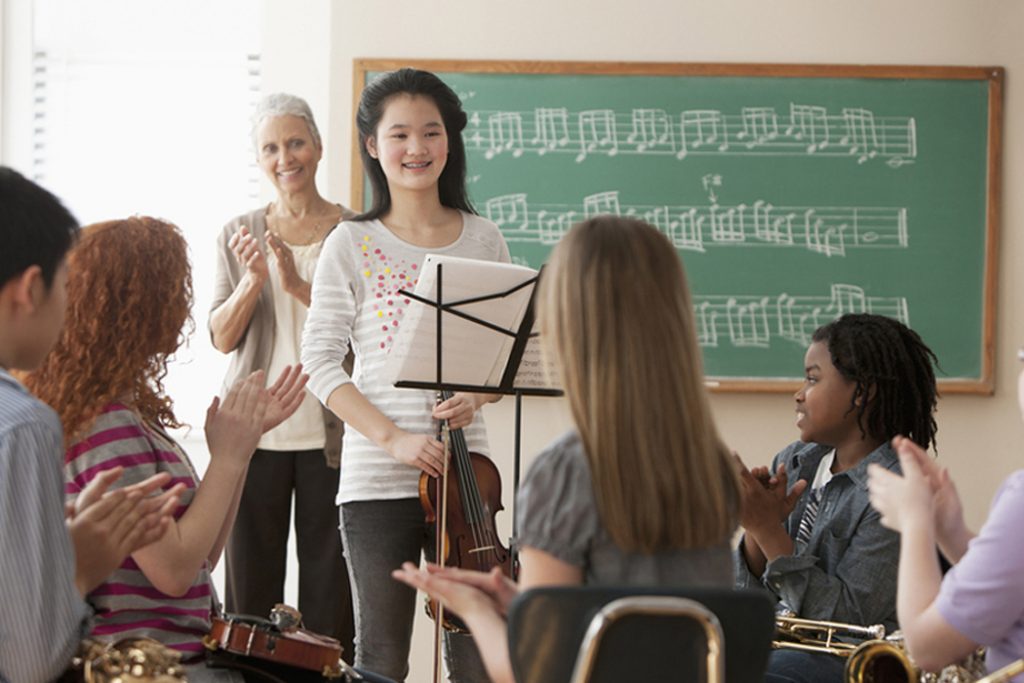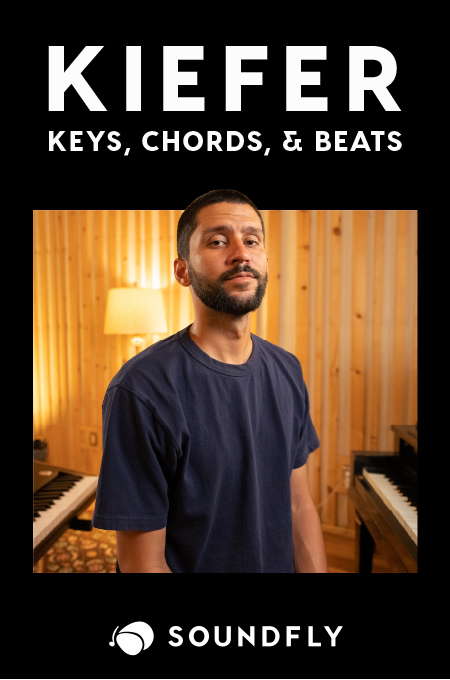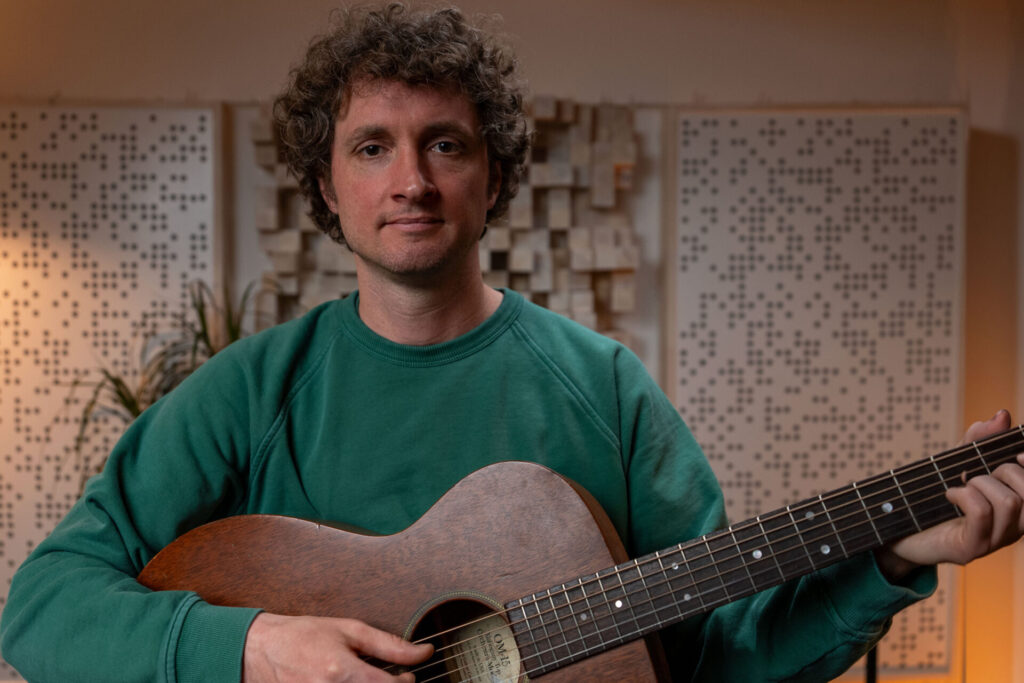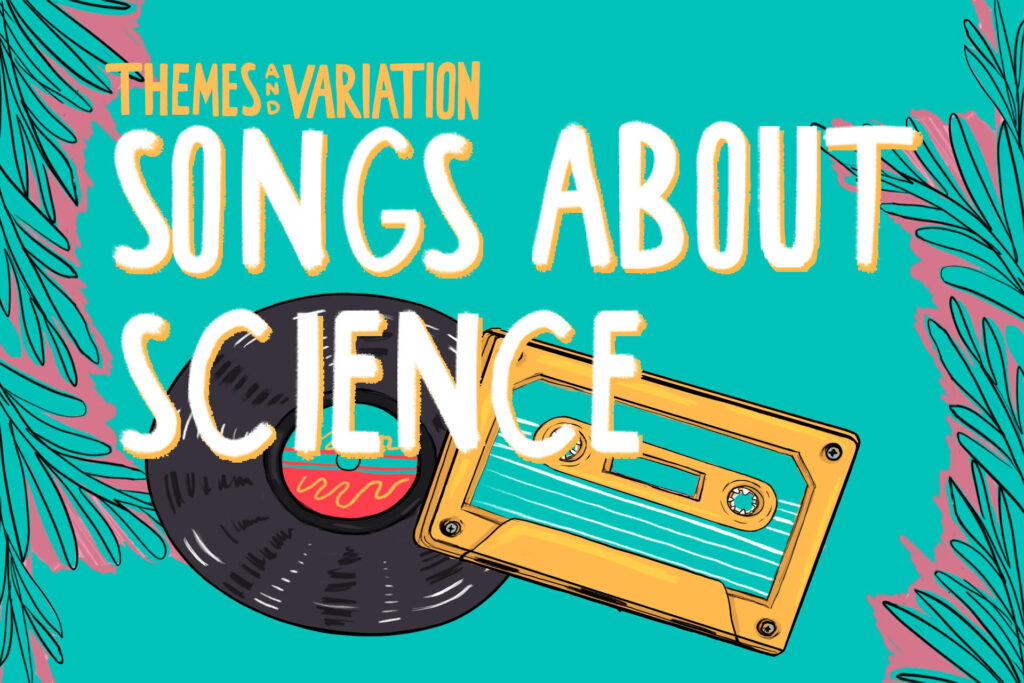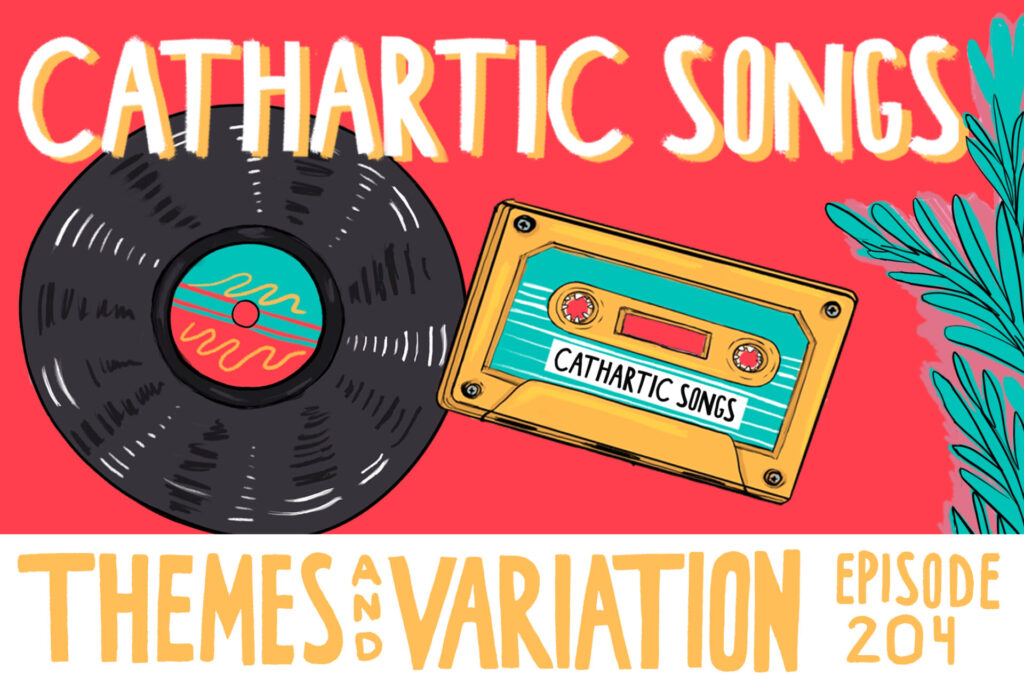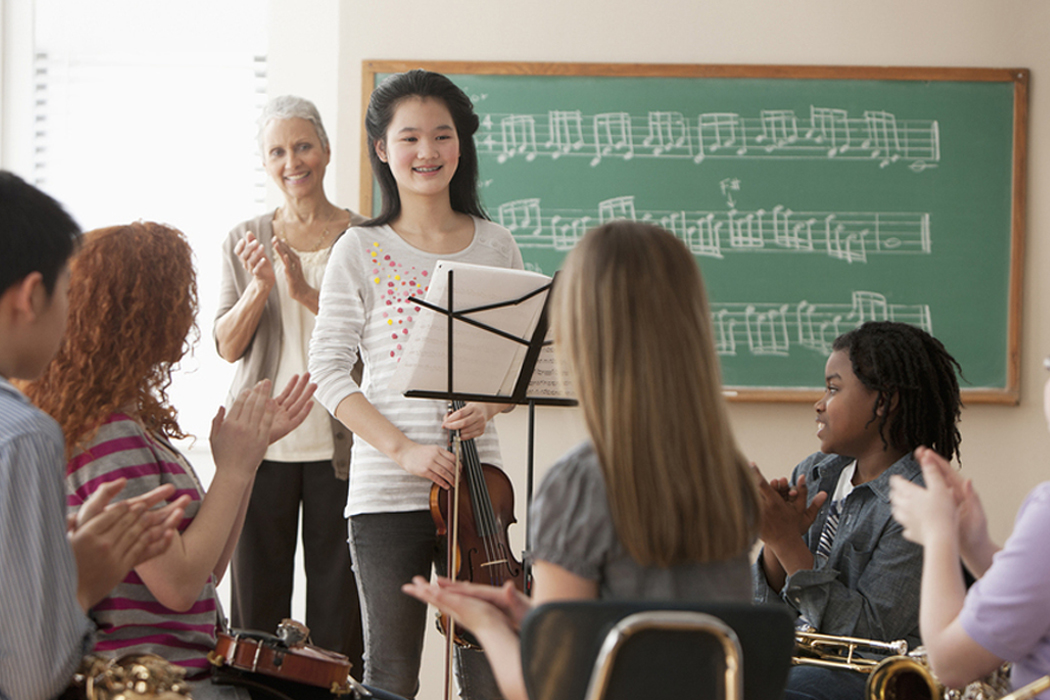
+ Welcome to Soundfly! We help curious musicians meet their goals with creative online courses. Whatever you want to learn, whenever you need to learn it. Subscribe now to start learning on the ’Fly.
For over 30 years, the month of March has been officially designated by the National Association for Music Education (NAfME) for the observance of Music In Our Schools Month® (MIOSM). It’s the time of year when music education becomes the focus of schools across the nation, and we couldn’t be happier to help NAfME continue this tradition and spread awareness of the benefits of learning music!
MIOSM is an opportunity for music teachers to bring their music programs to the attention of the entire school and their entire community, and to display the results of their program and the wealth of extraordinary benefits that music brings to students of all ages. But it’s also a great opportunity for music programs to network via participation and join a national community of educators striving towards the same cause. NAfME hopes that teachers, students, and music supporters alike will find ways to join in on the celebration through creative activities and advocacy.
We here at Soundfly wanted to share some ideas for how your school or private music program can join in celebrating MIOSM this month, so we’ve listed a few ways that NAfME suggests to get involved or show your support for the initiative. You can learn more about how NAfME works to support music education by visiting their website.
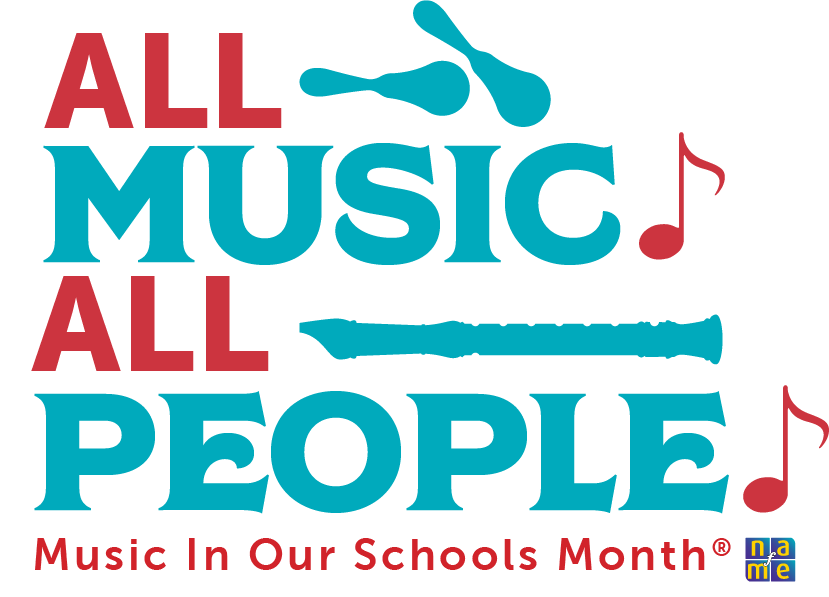
How can I get involved in Music In Our Schools Month?
Music teachers celebrate MIOSM in many ways by offering special performances, lessons, sing-alongs, and activities to bring their music programs to the attention of administrators, parents, colleagues, and communities, and to display the positive benefits that school music brings to students of all ages. NAfME provides special resources for teachers and schools to use in their concerts, lessons, and advocacy events that highlight the importance of school music.
- Download the MIOSM logo.
- Download a MIOSM concert insert: Landscape-oriented and portrait-oriented.
- Change your social media profile picture for the month of March. (Don’t forget to tag @NAfME on Instagram and Twitter, and use the hashtags #AllMusicAllPeople and #MIOSM!)
- Contact your state’s MIOSM chairperson.
- Register for a MIOSM Participation Certificate.
More ideas for celebrating MIOSM:
- Learn how to gain support for your program from government officials and media.
- Invite parents to attend and watch your rehearsals, not just your concerts!
- Have students share with their parents what they learned during the rehearsal.
- Go to a nearby retirement center and invite residents to join in a sing-along.
- “Toot your own horn” with an article on your school’s website or in your community newspaper.
- Invite your administration, school board, or other community members in for class.
- Share your story with your students.
- Who inspired you?
- Why did you pursue music?
- Create a video for local advocacy. Record your students performing and include an introduction from your principal, mayor, or another leader demonstrating their support for music education.
- Use the video for outreach to television.
- Make a “Music Month” calendar, and suggest that students dress for different musical eras. Play appropriate music as students arrive in the morning and at lunchtime.
- Add a musical touch to the morning announcements. Try having a “mystery tune” each day, or a music trivia question, with MIOSM prizes for the winner.
- Present faculty members with music buttons or lapel stickers and ask that they wear them every day during March.
- Sponsor a poster or poetry contest. Have individuals from outside the school judge the entries.
- Have a talent show emphasizing music. Tell a story, a joke, or read poetry about music, and be sure to include traditional acts of singing, playing instruments, etc.
- Invite the parents, and choose a winning act from each class to perform in a winners’ assembly.
- Collaborate with the art teacher and have students design posters, banners, and buttons featuring the MIOSM theme of “Music Connects Us.”
- Ask students to draw their favorite musical instrument, have them design an instrument of the future, or bring in homemade instruments for “show and tell.”
- Collaborate with your school’s history or social studies departments to create cross-curricular activities based on the theme of the concert or the pieces being performed.
- Ask students to cut pictures of music and musicians out of magazines and create a musical wall collage for your classroom(s).
- Have students list ways in which music is a part of their everyday lives. Have them compare lists with friends and family members.
- Invite teachers in your school to sing along with your students at a concert. Better yet, create a teacher chorus or instrumental ensemble to perform at an MIOSM concert.
- Take a field trip during MIOSM to hear a local college group, community chorus, or orchestra, or invite a group to perform at your school. Take advantage of MIOSM events to teach students about concert etiquette.
- Invite local Tri-M or Collegiate NAfME members to participate in your MIOSM plans through performing, teaching, games, and discussions.
Improve all aspects of your music on Soundfly.
Subscribe to get unlimited access to all of our course content, an invitation to join our members-only Slack community forum, exclusive perks from partner brands, and massive discounts on personalized mentor sessions for guided learning. Learn what you want, whenever you want, with total freedom.
